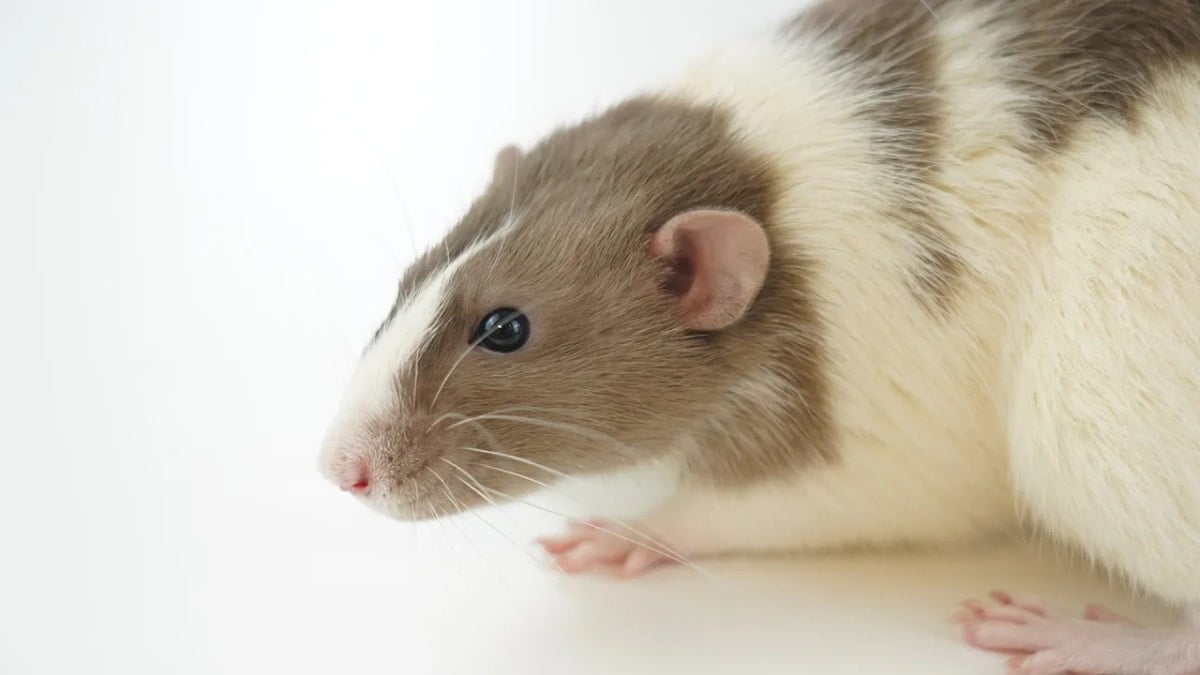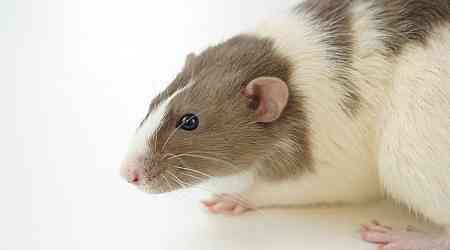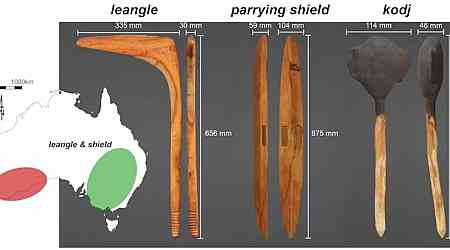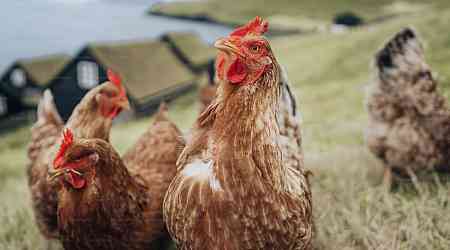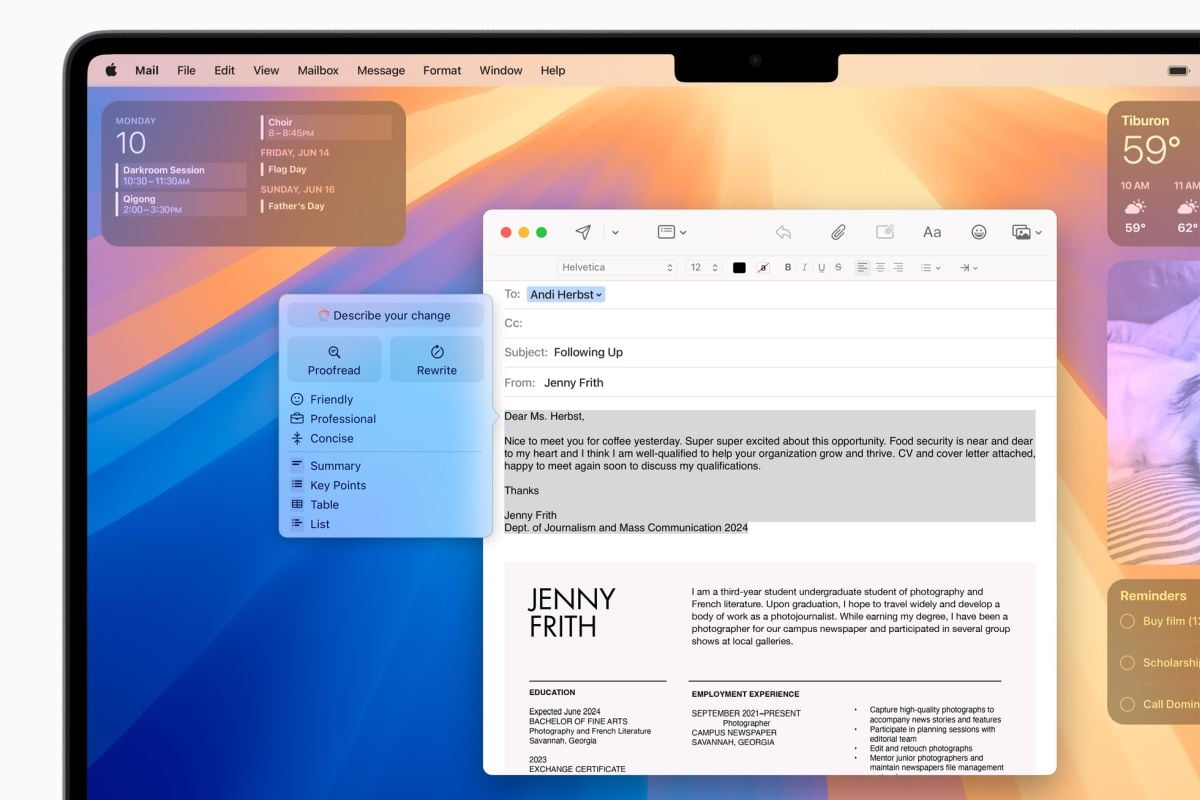A unique initiative in African ports could soon see giant African pouched rats as an unconventional solution to counter wildlife smuggling. Wearing red vests, these rats are being trained to detect illegal wildlife goods like elephant ivory and pangolin scales through scent. This novel project, spearheaded by behavioural ecologist Dr Isabelle Szott and the nonprofit organisation APOPO, aims to equip ports with a reliable and agile resource to intercept illegal wildlife products and reduce the impact of poaching on biodiversity.
How the Training Works
The training process for these rodents is rigorous and innovative. The rats undergo scent detection training in a specially designed laboratory in Morogoro, Tanzania, where they learn to differentiate specific wildlife-related scents. In a large box with various chambers containing multiple scent samples, the rats are trained to recognise items like rhino horn and pangolin scales. When they detect one of these scents, they signal by hovering their nose above it, allowing researchers to reward them with treats. According to Dr Szott, eight of the eleven rats completed training successfully, demonstrating their ability to identify target odours amid distractions such as cardboard or synthetic items, which smugglers often use to disguise illegal goods.
Real-World Deployment Potential
Following their lab training, these rodents are now being tested in mock warehouses, with some even starting work in actual African ports. Their keen sense of smell, low maintenance cost, and agility make them a viable option in locations where customs resources are limited or traditional methods like trained canines are expensive. Dr Szott believes that these animals can offer a fresh approach to combating the illegal wildlife trade while being more cost-effective for areas facing resource limitations.
A New Life After Service
For the rats that have served in various APOPO projects, there's also a “retirement” option. After years of service, they can relax in APOPO's colony with a diet of fruits, vegetables, and fish, marking a humane end to their contribution. This unique program not only showcases a fresh strategy in conservation efforts but also provides these remarkable creatures with well-deserved care post-retirement, all while strengthening wildlife protection across African borders.


















